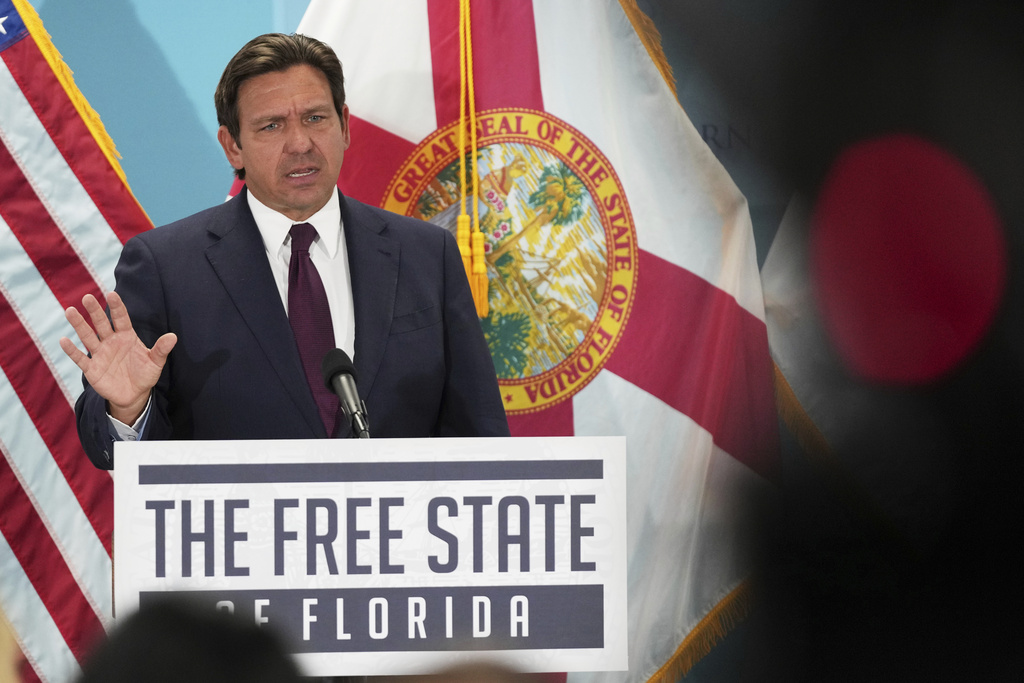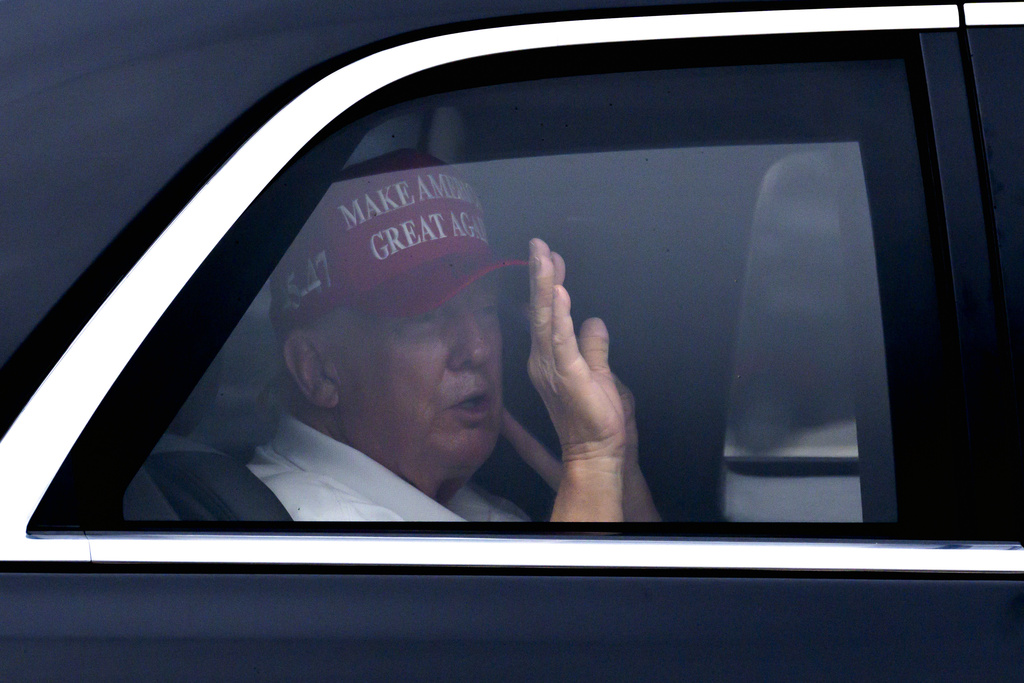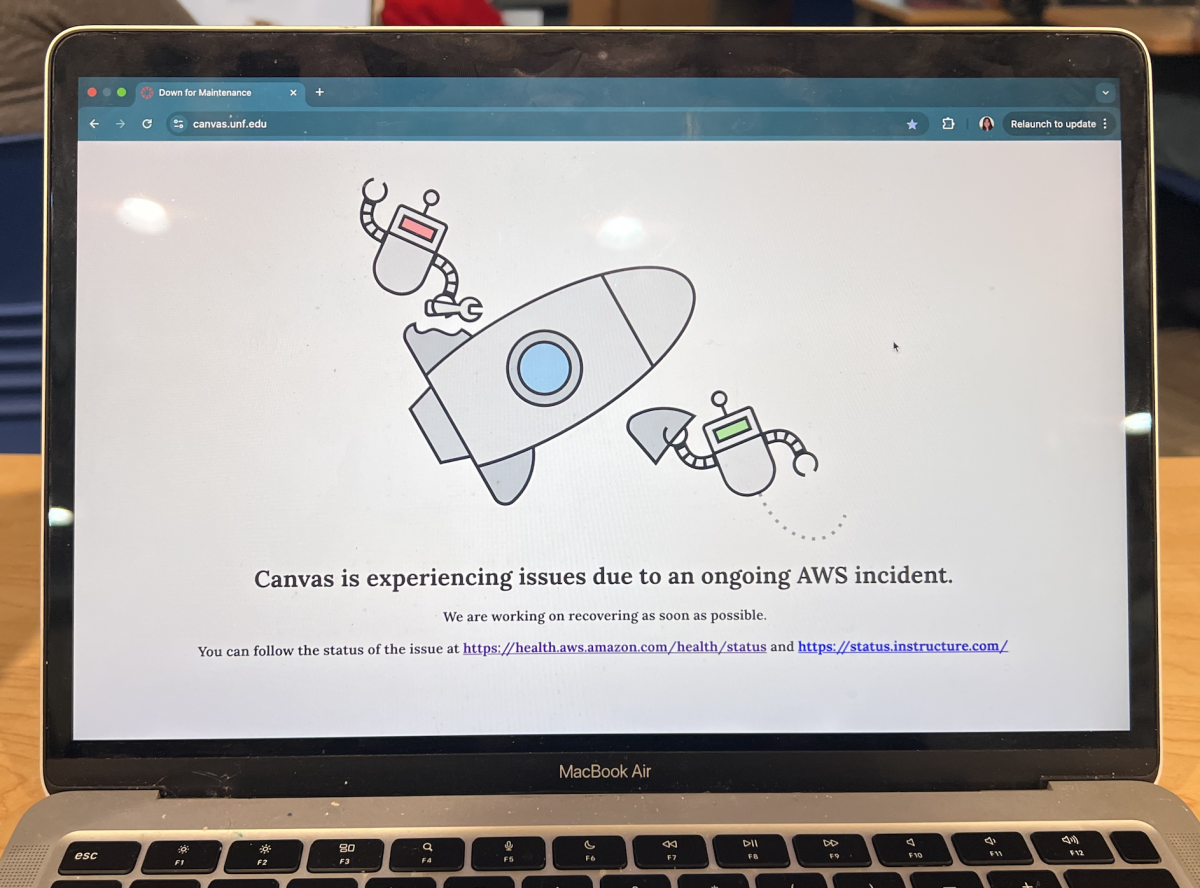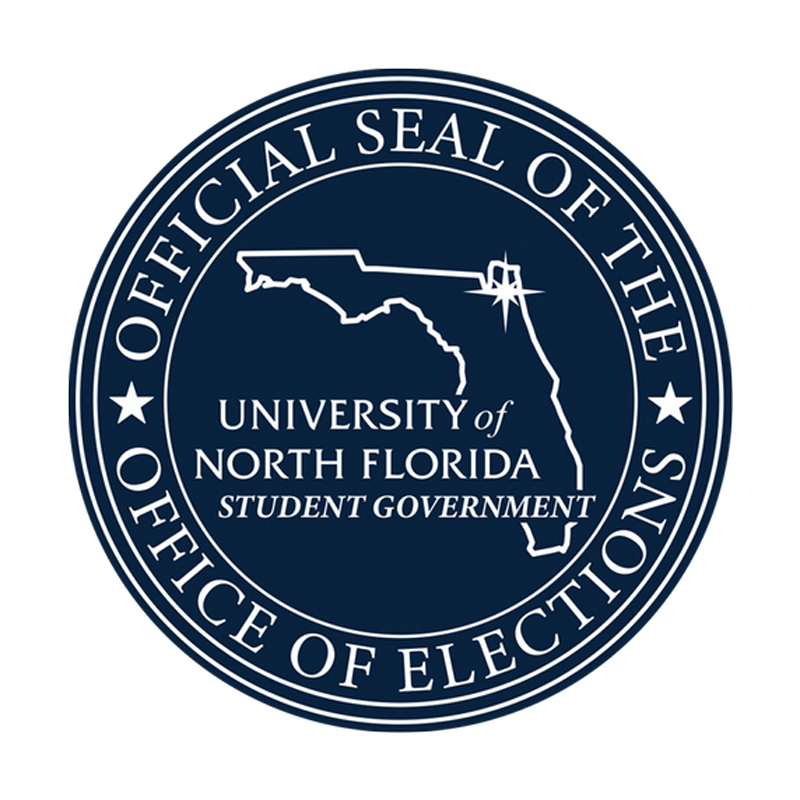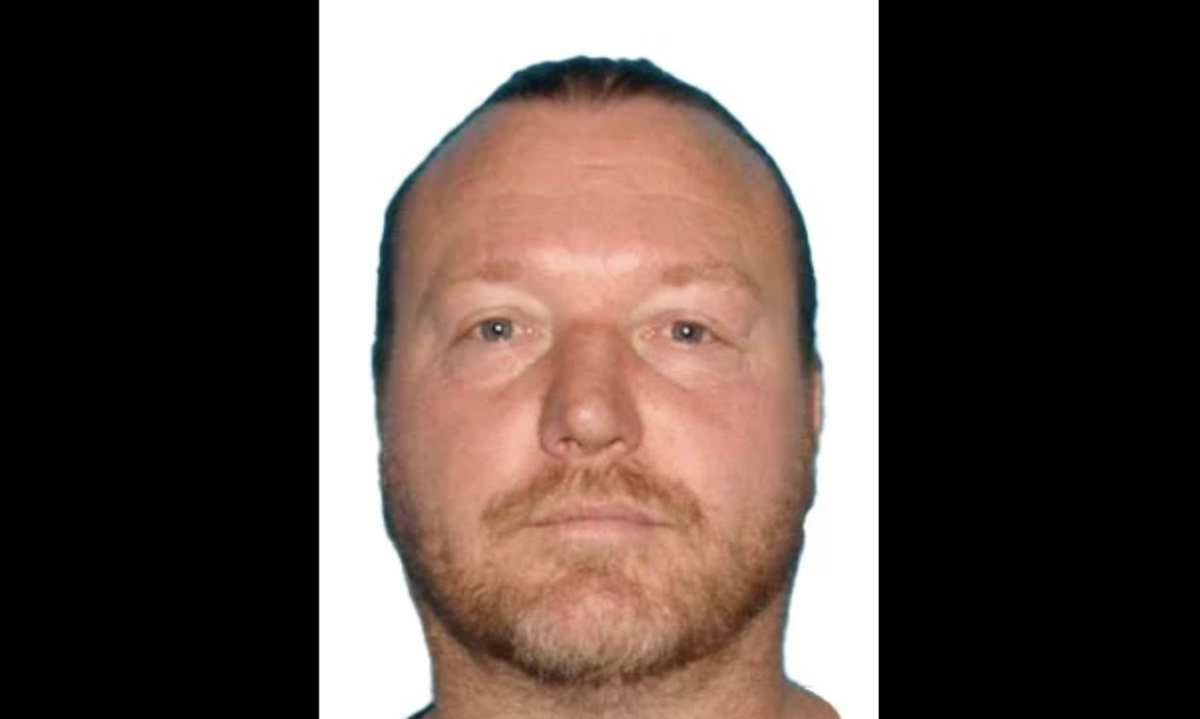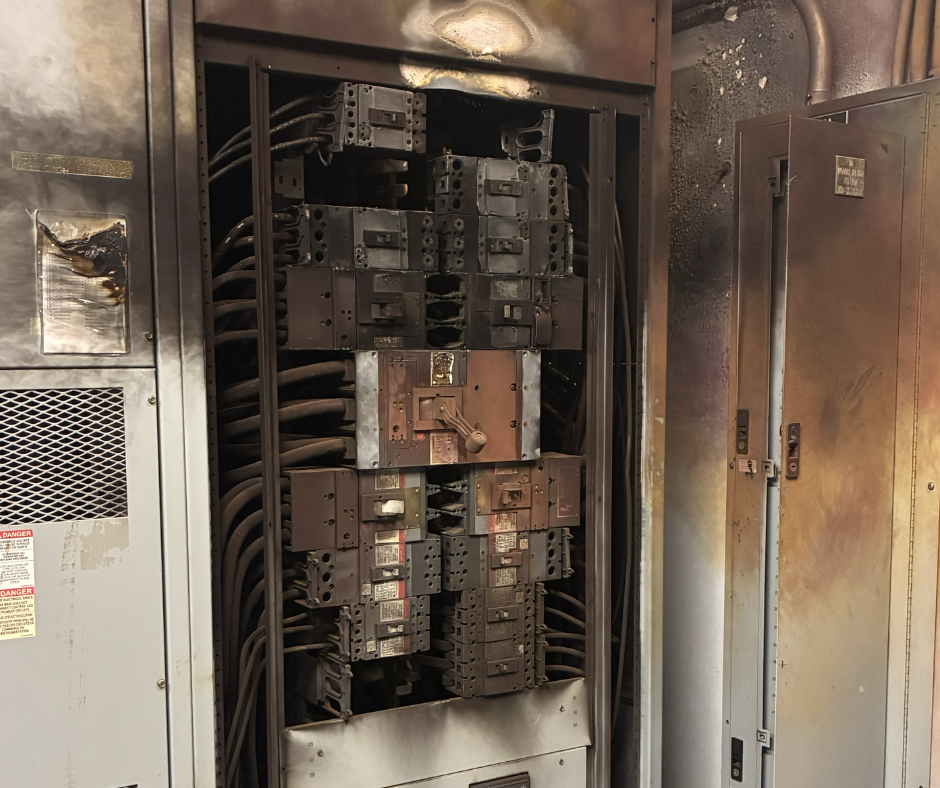Uncertainty is growing among faculty, staff and students as Florida’s DOGE begins its evaluation of programs and operations at schools across the state.
At UNF, faculty and staff are cautious when it comes to Florida DOGE’s actions, which aims to evaluate what Gov. Ron DeSantis’ office has described as “unnecessary programs, courses, staff and any other inefficiencies.” The governor’s office sent a second formal letter to UNF on April 4, outlining the department’s first round of data requests, giving UNF two weeks to submit the requested information. The second letter came just two days after the university publicly released DOGE’s initial correspondence.
In the second letter, Florida DOGE gave UNF until April 18, to submit six years’ worth of records on grants, faculty research, non-instructional staff roles and salaries, and its policy on indirect grant cost recovery. By April 30, the university had to provide additional details, including funding sources, staff assigned to grants, research abstracts, and information on employees holding dual instructional and administrative positions.
Dr. Sean Freeder, an assistant professor of political science at UNF, said that while any changes that could come from this may not be visible immediately, many staff and administration have reason to be concerned.
“If you talk to someone that’s in staff or administration, I could see how they would be somewhat more worried,” Freeder said. “This falls much more heavily, I would think, on them.”
The majority of the DOGE requests focus on staff, not faculty. Faculty have more protections than staff, such as tenure track and the option to be in a union. Last year, the UNF staff union was decertified, due to low membership, after a new Florida law added a 60% membership requirement for public employee unions.
Freeder also noted the use of artificial intelligence in Florida DOGE’s review process. While AI could help comb through large amounts of data quickly, it may also raise risks of misinterpretation or overreach.
In Florida, Gov. DeSantis said in a February press release that AI would be used to “further examine state agencies to uncover hidden waste, and even audit the spending habits of local entities to shine the light on waste and bloat.” This raises concerns because recent reporting shows that at the federal level, Elon Musk’s DOGE team has used AI to deal with sensitive government data.
“As we’ve seen at the federal level, you move fast, you break things,” Freeder said, referring to the leadership style Musk has been known to take on within his businesses, and now the federal government.
Another issue is whether Florida DOGE’s actions could change existing termination policies across the university system. Current policies typically require universities to give formal notice before terminating employees, but changes at the legislative level could alter those protections.
“If something comes up at a legislative level that changes those guidelines… I would say that probably indicates they want to take some action here,” Freeder said. “That’s the canary in the coal mine.”
Freeder also brought up that the state’s information requests introduce a new level of external scrutiny that undermines universities’ internal audits.
“The university audit is an internal compliance thing,” Freeder said. “The state audit is external compliance… it’s kind of playing offense versus defense.”
“There’s a huge air of uncertainty over all this, and I am as curious as you all are,” Freeder said.
Spinnaker reached out to the governor’s office for clarification on how Florida DOGE’s evaluations will work and AI’s role in the process, but did not receive a response by the time of publication.
One UNF student, Lacie North, described her uncertainty over the installment of Florida DOGE. North is a senior studying English and professional and public writing.
“I just don’t know what to expect,” North said. “I’m worried a lot of my favorite humanities courses will be taken away, and we’ll see layoffs at UNF like the rest of the nation.”
As Florida DOGE’s review process begins, many at UNF are left waiting for answers. For now, both faculty and students are watching closely, hoping for clarity in a process that, so far, has offered few answers.
___
For more information or news tips, or if you see an error in this story or have any compliments or concerns, contact editor@unfspinnaker.com.




